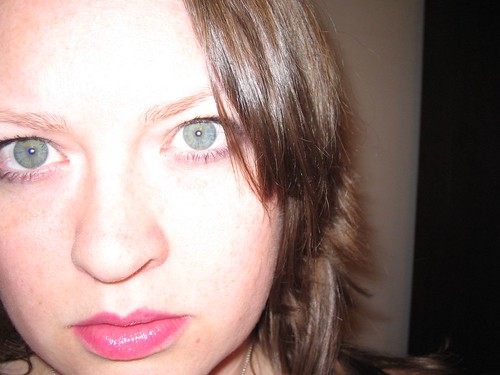
The Cat Who Dropped a Bombshell, by Lilian Jackson Braun
It's kind of sad to end the year on this book, but it's the last one I finished in 2008. I was done with Bridge of Sighs and was staying in the guest room at my parents' house. Its bookcase is stocked with my mom's romance novels and a few mysteries. Desperate for something to read, I chose this one.
Don't get me wrong, I've read this series before, and the books can be sort of charming in a really idealized, completely out-of-touch-with-reality sort of way. But this one is dumb. There's not really any mystery here, and Qwilleran doesn't do any detecting. The famous cats really don't even provide many wacky antics. We know what happened from almost the start, and there are no surprises to speak of. I'm not sure why the author even wrote it, besides the obvious profit to be gained from another installment of the series. Oh, well. It kept me occupied on a snow day.










